Over the last 16 years, I’ve read hundreds of self-help books — many of them about habits, productivity, and discipline. I’ve even published in-depth, 5,000-word summaries on many of those books on this website.
Here are the 10 best books on habits, from the most popular bestsellers to hidden gems. You’ll find a variety of authors here, from professors specializing in the science of habit formation to motivational writers who inspire action.
My own journey of personal development has included years of experiments, of trying things out to see what works. And if you want to change your life, then getting 1% better every day is probably the most effective way to do it. Making small, consistent, daily improvements in your habits will transform your life more than massive resolutions ever will. So let’s dive in!
1. Atomic Habits by James Clear
—James Clear
What is Atomic Habits about?
What are the key takeaways?
- 📈 Get 1% Better Every Day: Aim for tiny daily improvements to see big changes over time
- ⚙️ Systems Vs. Goals: Prioritize your daily processes instead of just setting goals
- 🔄 The Four Laws of Behaviour Change: Make your good habits obvious, attractive, easy, and satisfying
Why should you read it?
Is it worth reading? Reviews Summary
Atomic Habits is rated 4.8 on Amazon and 4.4 on Goodreads.
Positive reviews say: Practical strategies, science-backed, focused on small changes
Criticism: Repetitive, similar ideas in other books
2. The Power of Habit by Charles Duhigg
—Charles Duhigg
What is The Power of Habit about?
What are the key takeaways?
- 🧠 Habits Save Effort: Habits are basically a brain strategy to save energy. We can use this fact to change our lives using neuroscience, one tiny step at a time.
- 🔄 The Habit Loop: The secret to breaking bad habits and making new ones stick is understanding the cycle of "Cue-Routine-Reward."
- 🚀 Keystone Habits: Making small changes—the right small changes—can cause a chain reaction of transformation in our lives.
Why should you read it?
Is it worth reading? Reviews Summary
The Power of Habit is rated 4.6 on Amazon and 4.1 on Goodreads.
Positive reviews say: Based on insightful research — Engaging stories — Practical to apply
Criticism: Can be too simplistic — Relies on anecdotal stories
3. Tiny Habits by B.J. Fogg
“The essence of Tiny Habits is this: Take a behavior you want, make it tiny, find where it fits naturally in your life, and nurture its growth.” —Tiny Habits by B.J. Fogg
What is the book about?
“Tiny Habits” by B.J. Fogg is your guide to big change through small steps. It shows that tiny, effortless adjustments can lead to lasting transformations. Learn how to break down daunting goals into bite-sized actions for easier, more consistent progress.
Why should you read it?
Why should you get your hands on “Tiny Habits”? This book spills the secret sauce for monumental life changes, and it’s surprisingly simple: start ridiculously small. BJ Fogg champions the idea that adopting micro-habits, like doing two push-ups after brushing your teeth, can revolutionize your life. It’s not about grand resolutions but the compound effect of tiny, almost laughable actions. 🏋️♀️
Top lessons include:
- 🌱 Start Small: Embrace tiny habits that you can easily stick to every day. It’s not about the big leaps, but the small steps that lead to massive change.
- 🎯 Celebrate Success: Give yourself a pat on the back for every tiny win. These celebrations boost your motivation and reinforce the habit.
- 🔄 Anchor Moments: Link your new tiny habits to existing routines, making them natural parts of your day. This creates a powerful trigger for your tiny habits.
Is it worth reading? Reviews summary:
| ⭐️ 4.6 on Amazon | ⭐️ 4.2 on Goodreads |
| 👍 Positive: + Actionable habit formation strategies + Emphasizes small, achievable changes | 👎 Criticism: – Some examples may seem simplistic – Can be repetitive with core concept |
4. The 7 Habits of Highly Effective People by Stephen Covey
—Stephen Covey
What is The 7 Habits of Highly Effective People about?
What are the key takeaways?
- 🌟 Be Proactive: Embrace the power of choice, take responsibility for your reactions, and focus your energy on the aspects of life you can directly influence and control.
- 🎯 Begin With The End in Mind: Craft a clear vision of your ultimate destination in life. Live each day intentionally, based on your core values, aiming to be remembered as you desire.
- ⏳ Put First Things First: Prioritize your life by identifying and allocating your time and resources to what's truly important, scheduling the most crucial tasks and commitments first.
Why should you read it?
Is it worth reading? Reviews Summary
The 7 Habits of Highly Effective People is rated 4.8 on Amazon and 4.2 on Goodreads.
Positive reviews say: Many people said 7 Habits made a difference in their lives because it has simple and applicable insights.
Criticism: Some reviews say the book repeats common sense stuff that you probably already know.
5. Better Than Before by Gretchen Rubin
“Habits make change possible by freeing us from decision making and from using self-control.” —Gretchen Rubin
What is the book about?
“Better Than Before” dives deep into the psychology of habits and how we can harness them to transform our lives. By understanding what she calls the Four Tendencies, readers can tailor habit-formation techniques to fit their personality, making change less daunting and more achievable.
Why should you read it?
If you’re the type who’s ever sworn, “This year, I’m really going to stick to my resolutions,” only to find yourself back at square one by February, “Better Than Before” is your roadmap to redemption. Rubin’s blend of personal anecdotes, scientific research, and practical advice makes habit change seem less like climbing Everest and more like a walk in the park. 😎
Top lessons include:
- 📊 The Four Tendencies: Identify whether you’re an Upholder, Questioner, Obliger, or Rebel. Use your tendency to your advantage in creating and maintaining habits.
- ⏳ The Strategy of Convenience: Make desired habits easier to do and undesired habits harder.
- 🔗 The Strategy of Pairing: Combine a habit you need to do with a habit you want to do.
Is it worth reading? Reviews summary:
| ⭐️ 4.4 on Amazon | ⭐️ 3.8 on Goodreads |
| 👍 Positive: + Personalized approach to habit building + Engaging writing style | 👎 Criticism: – Some strategies not for everyone – Overemphasis on personal anecdotes |
8. Dopamine Nation by Dr. Anna Lembke
—Anna Lembke, MD
What is Dopamine Nation about?
What are the key takeaways?
- 🔄 The Pleasure-Pain Balance: Chasing after pleasure can end up backfiring, ironically making us less sensitive to joy and inviting more pain into our lives. It's a cosmic joke that the more we seek, the less we feel.
- 🚫 30-Day Dopamine Fast: Committing to a month-long break from any compulsive habit is a powerful first step towards regaining the reins of our lives. Think of it as a system reboot for your brain.
- 💪 Lean Into Pain: To recalibrate our dopamine levels, we must get comfortable with being uncomfortable. Whether it's taking cold showers, hitting the gym, or fasting, embracing a bit of discomfort can lead to significant comfort.
Why should you read it?
Is it worth reading? Reviews Summary
Dopamine Nation is rated 4.6 on Amazon and 3.9 on Goodreads.
Positive reviews say: Many people said the book helped them understand dopamine and how to better control themselves in an overstimulating world.
Criticism: Some felt there was too much social commentary that seemed puritanical, and too much emphasis on cold-turkey abstinence.
7. The Compound Effect by Darren Hardy
“The biggest difference between successful people and unsuccessful people is that successful people are willing to do what unsuccessful people are not.” —The Compound Effect
What is the book about?
“The Compound Effect” shows how tiny changes, compounded over time, can have an incredible impact on your life, finances, and relationships. The book emphasizes that there are no quick fixes or shortcuts to success; rather, it’s the accumulation of small, daily decisions and habits that drive significant change.
Why should you read it?
Have you ever thought about transforming your life with just a few small adjustments? Whether you’re aiming to boost your savings, improve your health, or enhance your relationships, this book lays out how leveraging the compound effect can help you achieve your wildest dreams, one small change at a time. Forget about overnight success—the real secret lies in the power of compounding! 🚀✨
Top lessons include:
- 🔄 Consistency is Key: The power of doing small things consistently over time can lead to significant achievements. It’s not the big leaps but the small, everyday steps that create massive results.
- 🎢 Momentum Matters: Once you start making those small changes, momentum builds, making it easier to keep going and even accelerate your progress.
- 📈 Invisible Results: In the early stages, progress can be invisible. Patience is crucial; the compound effect works silently, but it’s always working.
Is it worth reading? Reviews summary:
| ⭐️ 4.7 on Amazon | ⭐️ 4.2 on Goodreads |
| 👍 Positive: + Practical steps + Motivating examples | 👎 Criticism: – Concepts may be too simplistic – Nothing new for self help enthusiasts |
8. Deep Work by Cal Newport
What is Deep Work about?
What are the key takeaways?
- 🧠 Embrace Boredom: Train your brain to enjoy downtime without distractions, enhancing focus.
- ⏳ Work Deeply: Schedule uninterrupted time for high-value tasks, minimizing distractions for better concentration.
- 🚫 Quit Social Media: Evaluate and reduce social media use to reclaim focus and deepen work quality.
Why should you read it?
Is it worth reading? Reviews Summary
Deep Work is rated 4.6 on Amazon and 4.2 on Goodreads.
Positive reviews say: People love the many actionable tips for avoiding shallow work, focusing deeply, and avoiding all the modern digital distractions.
Criticism: Some say the book could have been much shorter, and it spent too much time arguing for the importance of focus, which most people already agree with.
9. Hooked by Nir Eyal
—Nir Eyal
What is Hooked about?
What are the key takeaways?
- 🧠 1. Why Create User Habits?: Developing user habits is crucial for product longevity and customer retention in the digital age
- 🚦 2. Start With Triggers: Effective triggers drive consistent usage and reinitiate user interaction with your app
- 🤝 3. Engineer User Investment: When people invest time or effort, their connection to the product deepens
Why should you read it?
Is it worth reading? Reviews Summary
Hooked is rated 4.5 on Amazon and 4.1 on Goodreads.
Positive reviews say: Insightful model — Thought-provoking — Actionable steps
Criticism: Narrow focus on tech products — Basic for expert UX designers
10. Ikigai by Hector Garcia and Francesc Miralles
—Hector Garcia Francesc Miralles
What is Ikigai about?
What are the key takeaways?
- 🎯 Find Your Ikigai: Identify where your passion, mission, profession, and market needs meet. This convergence is your Ikigai, your reason for being that brings satisfaction and meaning to life.
- 🌈 Embrace Small Joys: Ikigai also lies in appreciating life's simple pleasures and moments. Cultivating mindfulness and gratitude for the everyday can significantly enhance your well-being.
- 🏃♂️ Stay Active and Social: Maintaining physical activity and nurturing social connections are central to living your Ikigai. These practices keep you engaged, healthy, and connected to your purpose and community.
Why should you read it?
Is it worth reading? Reviews Summary
Ikigai is rated 4.6 on Amazon and 3.8 on Goodreads.
Positive reviews say: Many readers enjoyed Ikigai as an upbeat and helpful compilation of familiar self-help ideas.
Criticism: Some said the book is too shallow and superficial to really learn much.
- Amazon Books on “Habits”
- Audible Audiobooks on “Habits”
- Goodreads “Habits” Shelf
- FourMinuteBooks Best Habits Books
- Reddit r/selfimprovement – Best books for discipline and habit building?
- Teambuilding.com Best Habit Books
- Brian Johnson – My top 3 habits books of all time
- John Millen – 5 Best Books for Habit Formation
- Read This Twice – Best Books on Habits
(cut – High Performance Habits, The One Thing – for Dopamine Nation, Ikigai)

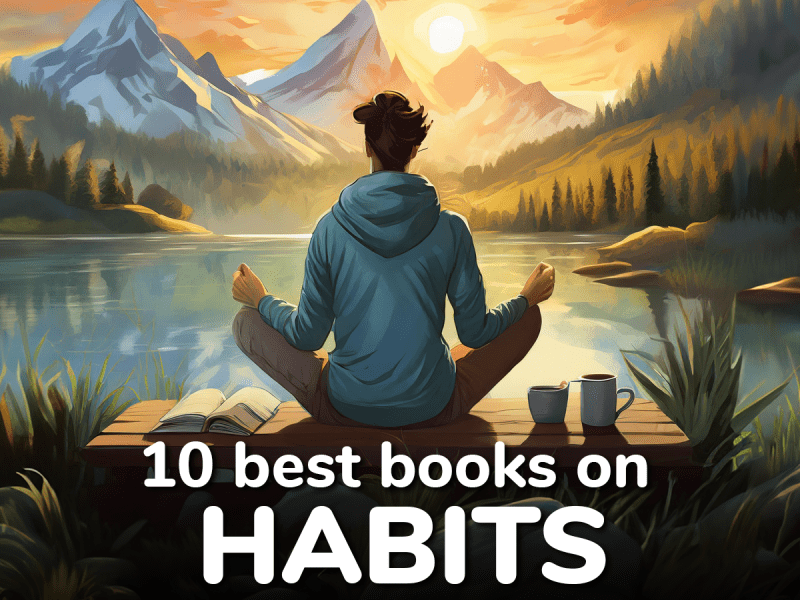
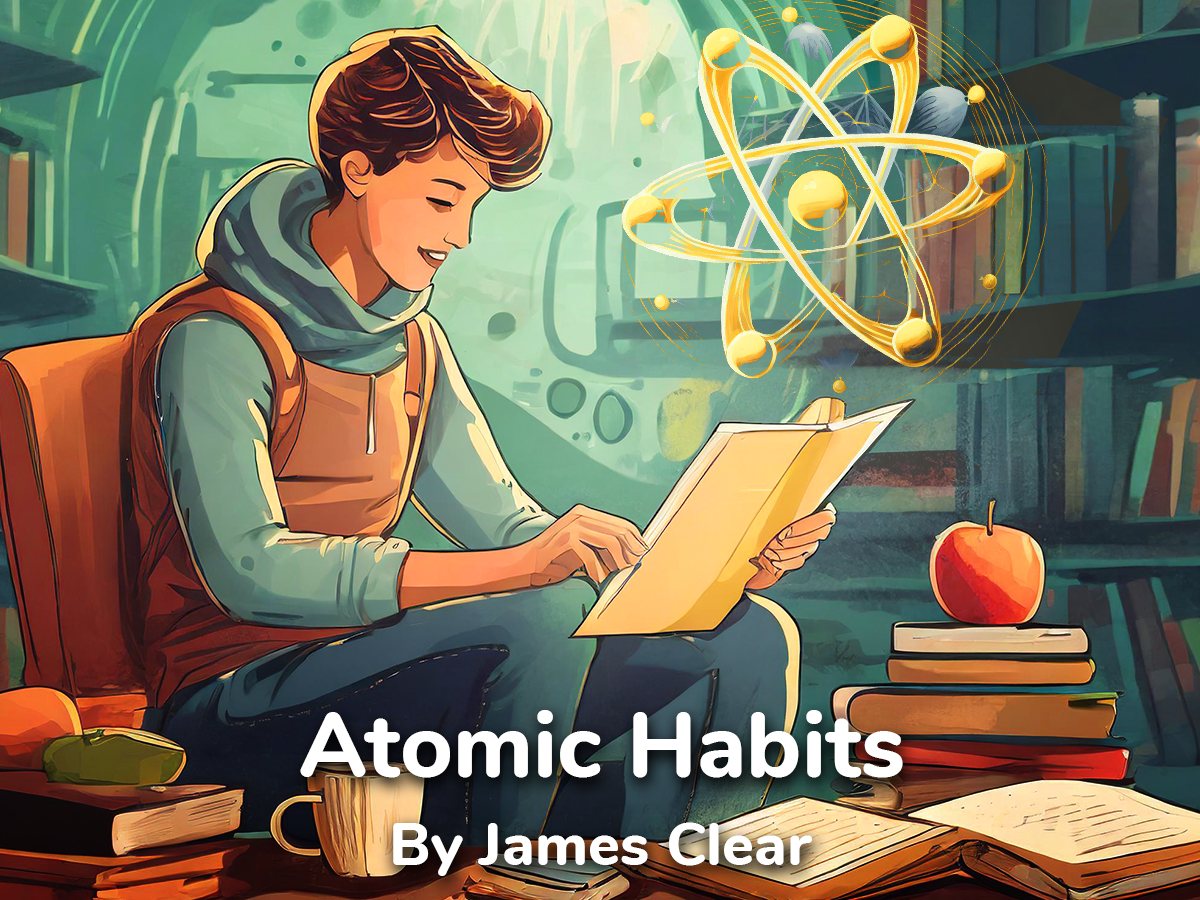
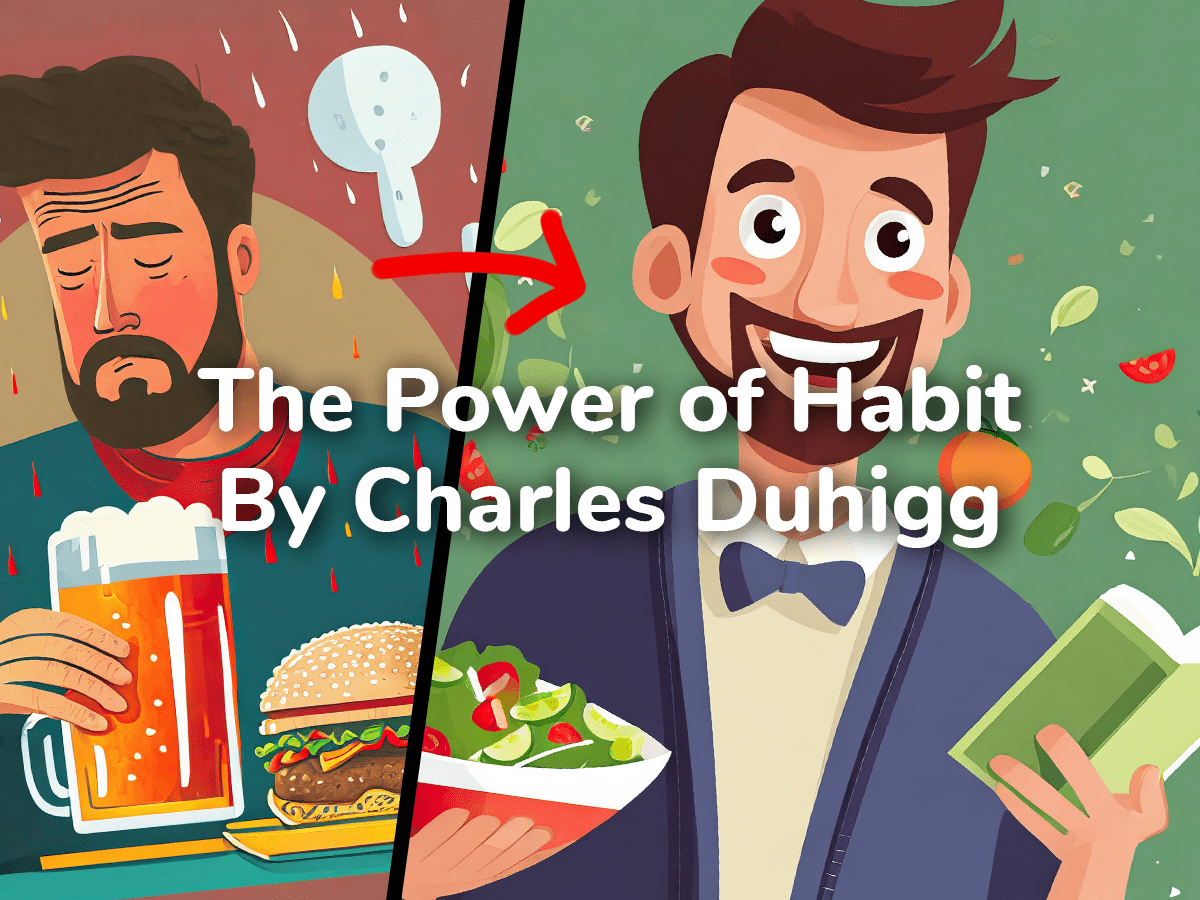
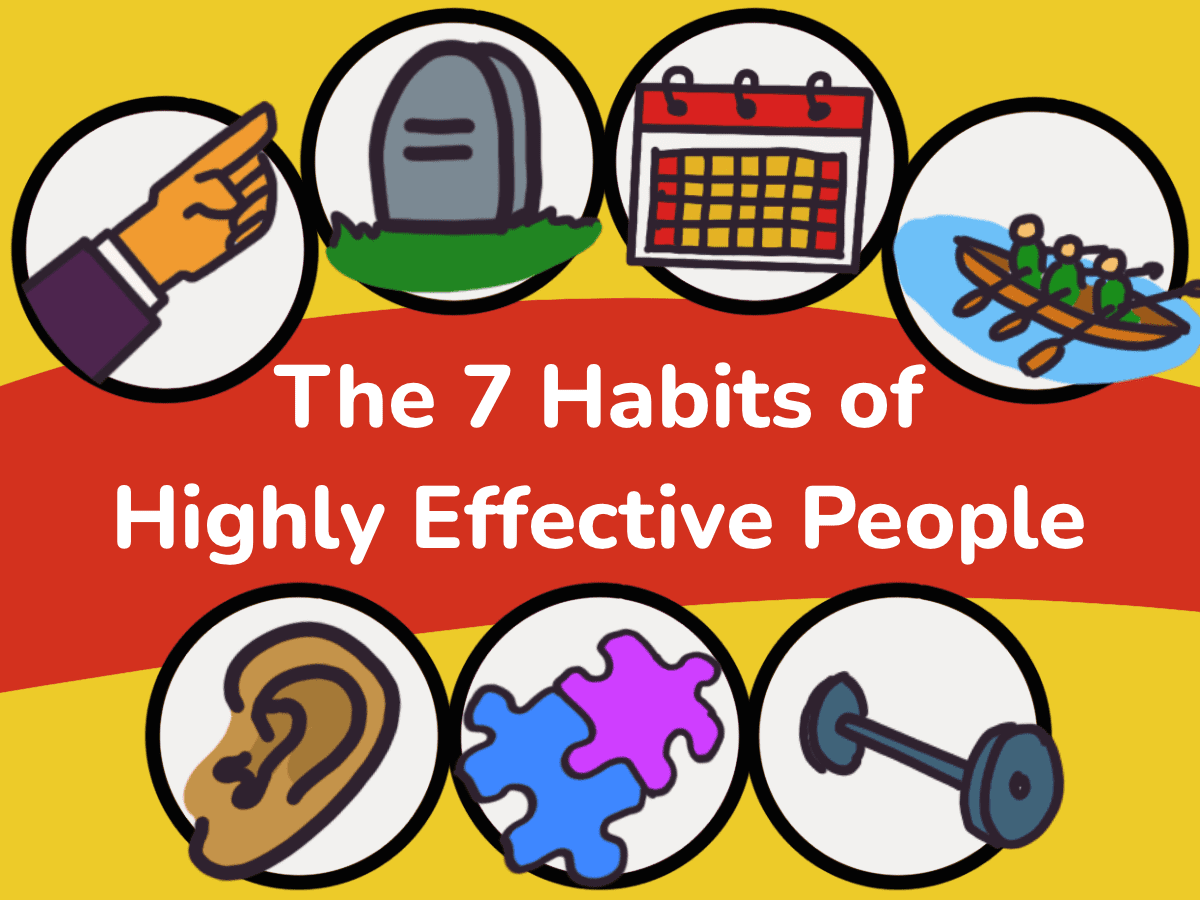
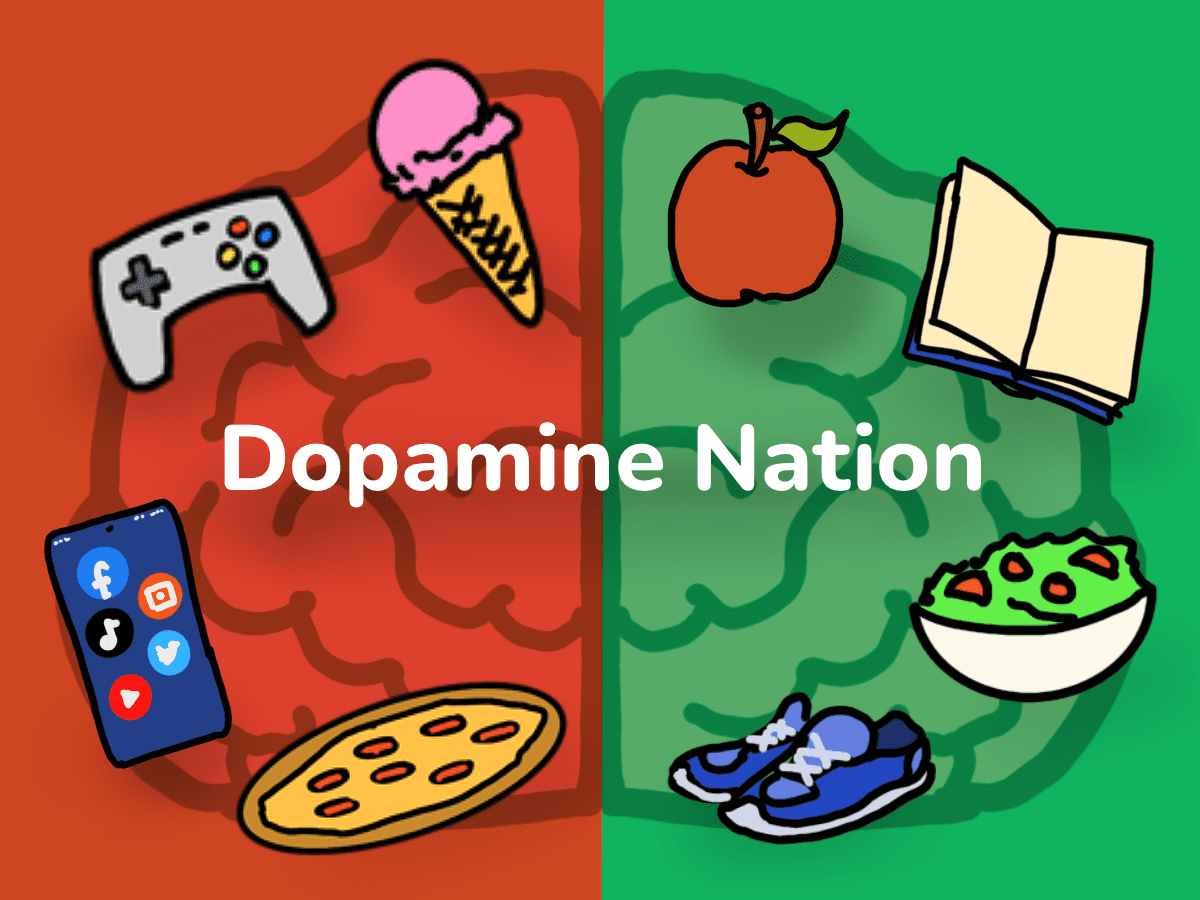
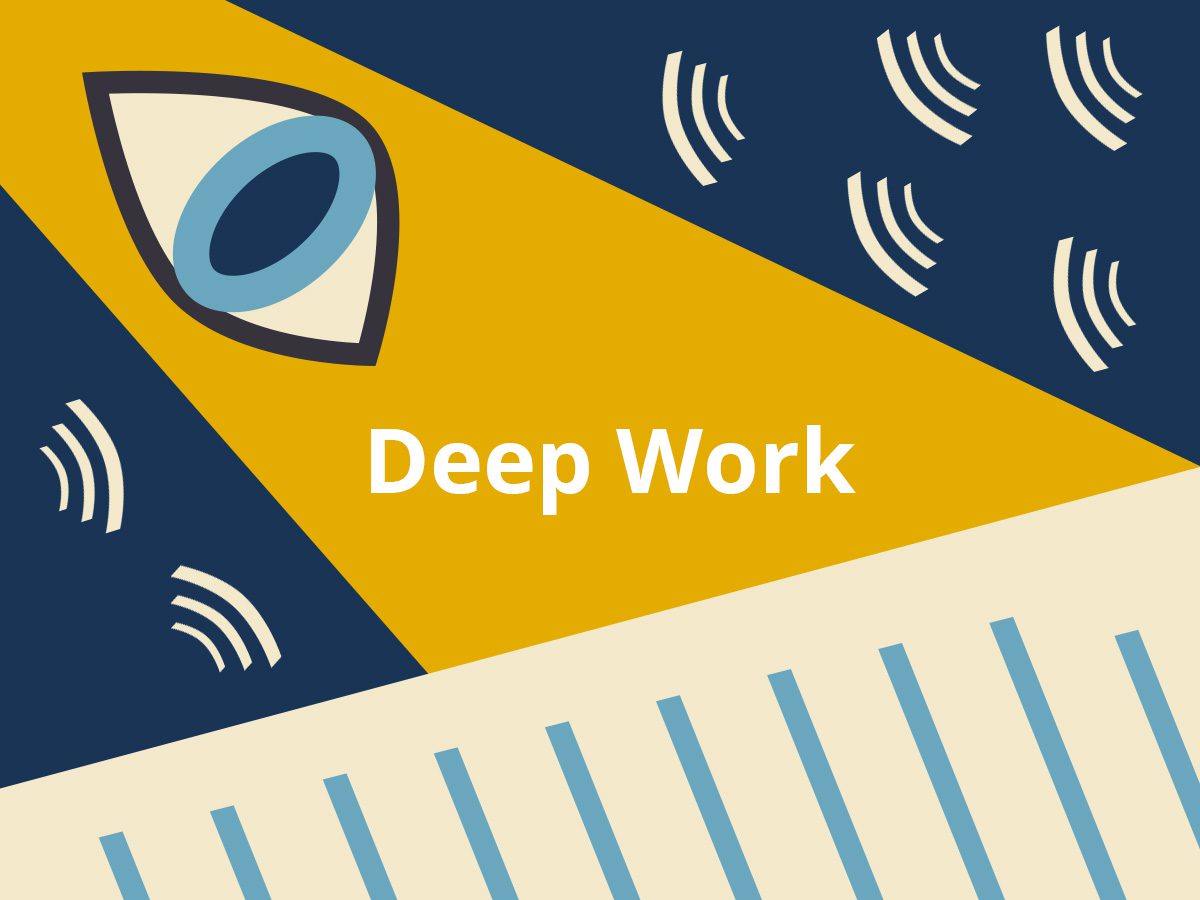


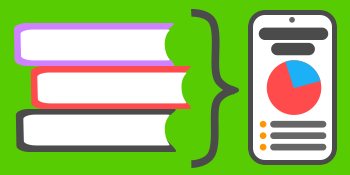
Community Notes